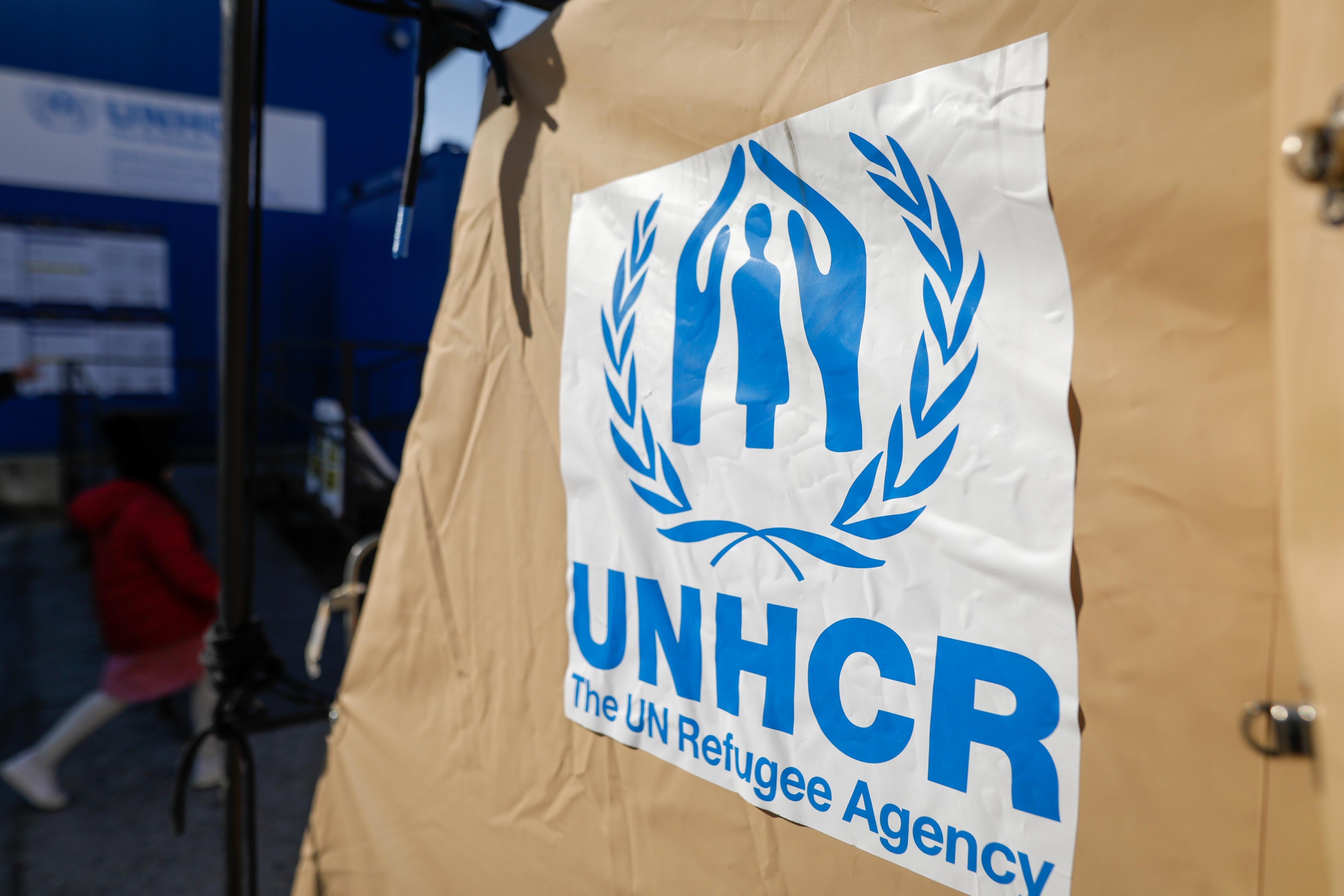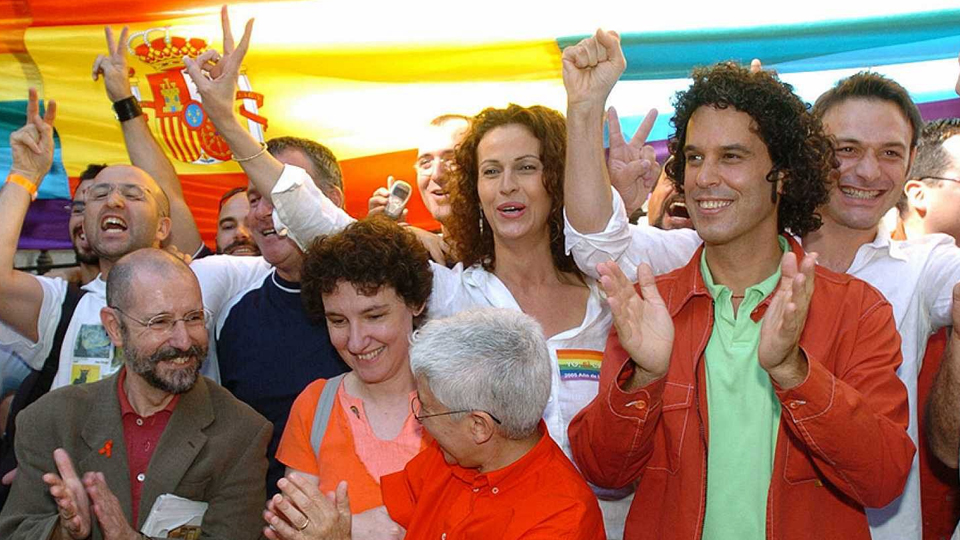The Journey Begins: Understanding Immigration and Visa Processes
Immigration is a transformative journey, often sparked by dreams of opportunity, safety, or a fresh start. In 2024, the United Nations estimated that 281 million people lived outside their country of birth, a figure reflecting economic aspirations, family reunification, and refuge from conflict. The first step for most immigrants is navigating the complex world of visas, a process that can feel like deciphering a labyrinth.
Visa types vary widely depending on the destination country and purpose of migration. For instance, the United States offers H-1B visas for skilled workers, F-1 visas for students, and family-based green cards for relatives of citizens. In contrast, Canada’s Express Entry system prioritizes skilled immigrants based on a points-based assessment, factoring in age, education, and work experience. The European Union’s Blue Card, aimed at highly skilled non-EU nationals, requires a job offer with a minimum salary threshold, which in 2025 stands at approximately €45,000 in most member states.
Applying for a visa demands meticulous preparation. Documentation—passports, educational certificates, proof of funds, and sponsorship letters—must be flawless. Errors can lead to delays or rejections. For example, in 2023, the UK Home Office reported a 12% rejection rate for visa applications due to incomplete paperwork. Tip: Always double-check requirements on official government websites and consider consulting an immigration lawyer for complex cases.
“The visa process felt like climbing a mountain blindfolded. Every form, every interview was a test of patience, but getting my Canadian Permanent Residency was worth every sleepless night.” — Priya Sharma, Indian immigrant to Canada
Challenges on the Path: Barriers Immigrants Face
Immigration is rarely a smooth road. Beyond bureaucratic hurdles, immigrants often encounter financial, emotional, and social challenges. The cost of relocating can be staggering—legal fees, travel expenses, and initial housing costs can easily exceed $10,000 for a single person. For refugees or those fleeing persecution, the stakes are even higher, with limited resources and uncertain futures.
Language barriers pose another significant obstacle. In countries like Germany, which welcomed over 1.2 million migrants between 2015 and 2025, language proficiency is critical for integration. A 2024 study by the German Federal Employment Agency found that 60% of migrants struggled to secure jobs due to limited German language skills. Practical advice: Enroll in language courses early, even before arriving, and practice with local communities or online platforms like Duolingo or Rosetta Stone.
Discrimination and social isolation also loom large. In Australia, a 2023 survey revealed that 25% of immigrants reported experiencing workplace discrimination based on their accent or ethnicity. Mental health struggles often follow, with many immigrants facing homesickness or the pressure to “prove” their worth in a new society.
“I came to Australia full of hope, but the first year was lonely. People didn’t understand my accent, and I felt like an outsider. Joining a local soccer club changed everything—it gave me friends and a sense of belonging.” — Ahmed Hassan, Sudanese immigrant to Sydney
Overcoming Obstacles: Practical Solutions
Preparation is key to overcoming these challenges. Financial planning, such as saving for at least six months of living expenses, can ease the transition. Building a support network—through community groups, religious organizations, or online forums—helps combat isolation. Many countries offer free integration programs; for example, Sweden’s Establishment Programme provides language training and job placement assistance for new arrivals.
Tip: Research local NGOs or government programs that offer free or subsidized support for immigrants, such as resume workshops or mental health services.
Success Stories: Triumphs of Resilience
Despite the challenges, countless immigrants have carved out remarkable lives in their new homes. Take the story of Elena Martinez, who fled Venezuela’s economic crisis in 2018. Arriving in Spain with little more than a suitcase, she enrolled in a nursing program and now works in a Madrid hospital. “I had to start from scratch, but Spain gave me a chance to rebuild my life,” she says. Her story reflects a broader trend: immigrants often contribute significantly to their host countries. In the U.S., immigrants make up 17% of the workforce, filling critical roles in healthcare, tech, and construction.
Another inspiring example is Li Wei, a Chinese entrepreneur who moved to the UK in 2020. Initially struggling with language and cultural differences, he launched a tech startup that now employs 50 people. “Failure wasn’t an option,” Li says. “I studied British business culture, networked relentlessly, and learned to adapt my ideas to the market.” His success underscores the entrepreneurial spirit many immigrants bring, with studies showing that immigrants are twice as likely to start businesses as native-born citizens in countries like the UK and Canada.
“Every rejection was a lesson. I kept pushing because I knew my ideas could work here.” — Li Wei, Chinese immigrant to the UK
Cultural Integration: Blending Old and New Identities
Cultural adaptation is a delicate dance of preserving one’s heritage while embracing a new way of life. For many immigrants, this means navigating unfamiliar social norms, cuisines, and traditions. In Japan, where immigrants make up just 2% of the population, cultural conformity can be particularly challenging. A 2024 report noted that 70% of foreign residents felt pressure to adopt Japanese customs, such as punctuality and formal etiquette.
Practical tip: Observe local customs but don’t feel pressured to erase your identity. Sharing your culture—through food, festivals, or storytelling—can build bridges with locals. For instance, in Toronto, Canada’s vibrant multicultural hub, immigrant communities host events like the Caribana Festival, celebrating Caribbean heritage while inviting locals to join.
Education plays a pivotal role in integration. Children of immigrants often adapt faster, serving as cultural bridges for their families. However, this can create generational tensions. A 2023 study in France found that 40% of second-generation immigrants felt caught between their parents’ traditions and French societal expectations. Advice for parents: Encourage open communication with children about cultural identity and seek community support groups to navigate these dynamics.
Building Community: The Power of Connection
Community is a lifeline for immigrants. In Germany, the Integrationskurse (integration courses) have helped over 1 million migrants since 2015 learn German and understand societal norms. Similarly, in the U.S., organizations like the International Rescue Committee provide mentorship and job training. Joining cultural or religious groups can also foster a sense of belonging. For example, Somali immigrants in Minneapolis have built tight-knit communities through mosques and cultural centers, easing their transition.
“Finding a community of other Nigerian immigrants in London made me feel at home. We share recipes, stories, and support—it’s like family.” — Chidinma Okeke, Nigerian immigrant to the UK
Legal Guidance: Staying Informed on Policies
Immigration policies are constantly evolving, shaped by political, economic, and social factors. In 2025, countries like Canada and Australia continue to prioritize skilled migration, while others, like the UK, have tightened rules for asylum seekers. The U.S. introduced reforms in 2024 to streamline family-based visa processing, reducing wait times for some applicants from 13 years to under 5. However, policies can shift abruptly; for instance, the EU’s 2023 Pact on Migration and Asylum sparked debates over stricter border controls.
Critical advice: Stay updated through official government websites or trusted legal resources. Avoid relying solely on social media, where misinformation can spread. For example, a 2024 X post falsely claimed that Canada was offering “free visas” to all applicants, leading to thousands of fraudulent applications.
Legal representation is often essential for complex cases, such as asylum claims or appeals. In the U.S., pro bono organizations like RAICES provide free legal aid to low-income immigrants. Tip: If hiring a lawyer, ensure they are accredited by a recognized body, such as the American Immigration Lawyers Association.
Policy Impacts: A Global Perspective
Policies shape not only individual lives but also entire economies. In Germany, the influx of migrants since 2015 has bolstered the workforce, with immigrants contributing €150 billion annually to the economy, according to a 2024 study. However, restrictive policies can have unintended consequences. In 2023, the UK’s decision to limit international student dependents led to a 16% drop in university applications, impacting the education sector.
“Policies can make or break dreams. My asylum case took three years, but having a good lawyer and staying informed kept me hopeful.” — Fatima Al-Sayed, Syrian refugee in Sweden
Looking Ahead: The Future of Immigration
As global migration continues to rise, driven by climate change, economic inequality, and conflict, countries face the challenge of balancing humanitarian obligations with domestic priorities. Innovations like digital nomad visas, now offered by over 40 countries, reflect a shift toward flexible immigration models. Meanwhile, grassroots movements advocate for fairer policies, with organizations like Migrant Voice amplifying immigrant perspectives.
For individuals, the immigration journey is deeply personal yet universally human. It’s a story of resilience, adaptation, and hope. Whether it’s mastering a new language, building a business, or simply finding a place to call home, immigrants continue to shape the world’s cultural and economic fabric.
Final tip: Embrace the journey with patience and curiosity. Every step forward, no matter how small, is a victory.



















0 Comments